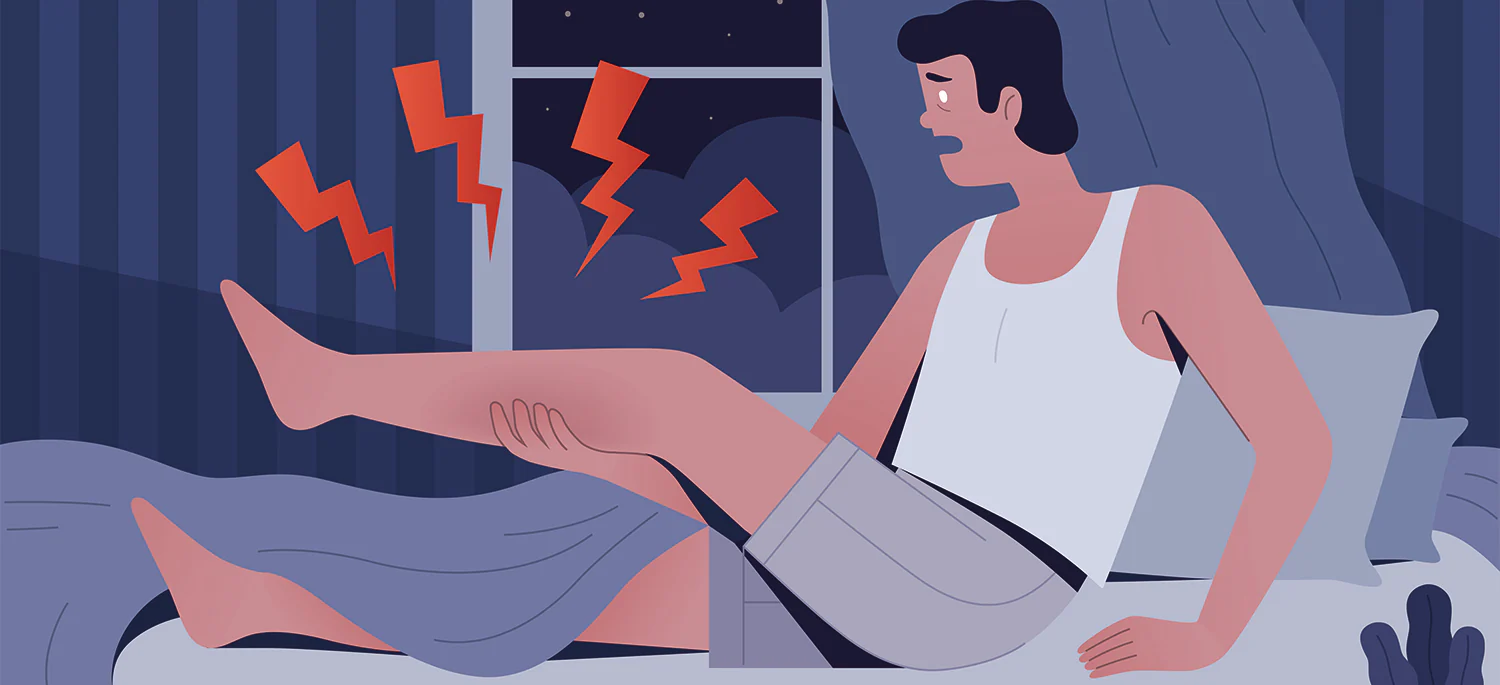ADVERTISEMENT
-
Stay Hydrated: Drink enough water throughout the day to keep your muscles functioning properly.
-
Balance Electrolytes: Eat foods rich in potassium (bananas, avocados), magnesium (nuts, seeds), and calcium (dairy, leafy greens).
-
Improve Sleep Position: Avoid pointing your toes downward while lying down, as this position can shorten calf muscles.
-
Regular Exercise: Low-impact activities such as walking or swimming help improve circulation and muscle flexibility.
-
Check Medications: If you suspect your prescription is contributing to cramps, consult your doctor.
When to See a Doctor
Occasional cramps are usually not a cause for concern. However, you should seek medical advice if:
-
Cramps occur very frequently or severely disrupt sleep.
-
They are accompanied by muscle weakness, swelling, or redness.
-
You have a history of circulatory or metabolic disorders.
✅ Bottom Line: Nighttime leg cramps may seem minor, but they can sometimes point to dehydration, nutrient deficiencies, or even underlying medical conditions. Paying attention to your body and making simple lifestyle changes can bring lasting relief—and in some cases, prevent more serious health problems.
ADVERTISEMENT
